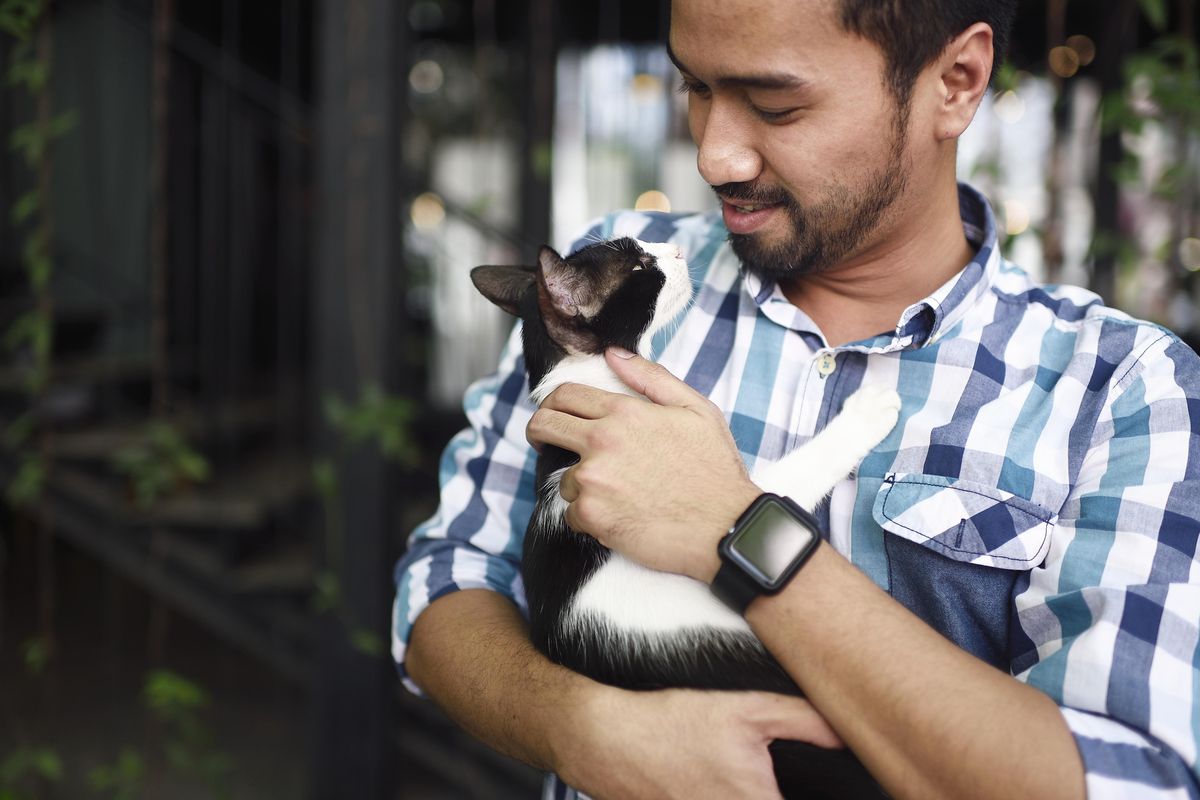Retailers can capitalise on the rising demand for premium pet food by offering innovative, high-quality products like nutrient-rich supplements and superfood treats amid the evolving bond between pets and their owners, states a recent survey report's findings.
The UK has the largest dog population (13.02m) and one of the largest cat populations (11.71m) in Europe, with one in three UK households owning a dog, and one in four owning a cat.
According to Mars Petcare's research based on insights from over 20,000 pet parents in 20 countries, the bond between owners and pets driving trends in premium nutrition, personalised care, and sustainability - all of which are shaping the future of petcare.
An impressive 37 per cent of pet parents consider their pets the most important part of their lives — a sentiment even stronger among younger generations, with 45 per cent of Gen Z and 40 per cent of Millennials expressing this bond.
Globally, the number of pet parents is rising, with a large portion of first-time owners. Out of the 56 per cent of pet parents surveyed who own a dog or cat, nearly half (47 per cent) are first-time owners, reflecting a new generation of pet parents keen to embrace tailored and innovative solutions for their pets' needs.
The report also shows that sustainability is a key consideration for pet parents, with 45 per cent believing it is very important when purchasing pet food. This sentiment is particularly strong amongst the younger generations, indicating a shift towards a demand for more sustainable and ethically produced products.
In the UK, one in three owners don’t change the food they originally feed their pet throughout their lifetime. This demonstrates the importance for retailers and brands alike to target the growing number of first-time pet owners, many of whom prioritise sustainable products.
Brands like Sheba Kitten for example, are continuing to build lifelong value by targeting first-time pet parents early in their journey. With kittens comprising 14 per cent of the UK cat population, this premium, grain-free range of wet food made of natural ingredients, vitamins and minerals, is designed to secure long-term brand loyalty while meeting nutritional needs.
Adelina Bizoi, Category & Market Activation Director at Mars Petcare, comments: “The evolving bond between pets and their owners signifies a shift in behaviour that the industry must react to.
"We know the strong relationship between owners and their furry friends means that petcare continues to be one of the last categories that pet parents will look to decrease spending on, making sure they provide offerings that are beneficial to their pets’ health even during tough time economically.
“Retailers have a significant opportunity to tap into the growing demand for premium petcare by offering a diverse range of innovative products. High-quality, nutrient-rich options such as supplements and superfood treats appeal to wellness-focused owners prioritising their pets' digestion, immunity, and joint health.
“Retailers can also tap into the rise of first-time pet parents and demand for sustainable products by offering starter kits and sustainability-driven initiatives. Starter kits, especially those tailored for first-time pet parents, can simplify pet ownership and create loyalty from the outset.”
The findings from Mars Global Pet Parent Study highlights the substantial opportunity for retailers to diversify their product offerings and build stronger, more meaningful connections between pets and their owners in an increasingly competitive market.


